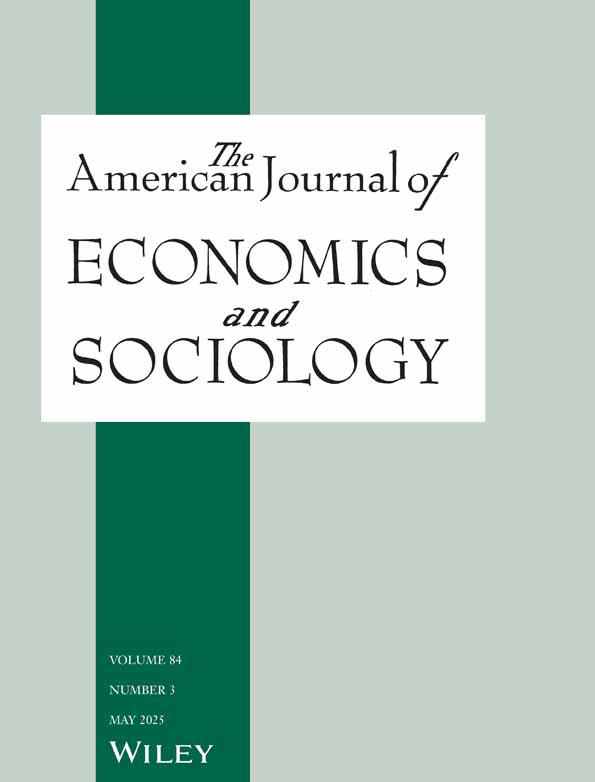Economic Freedom and Presidential Elections: A Bayesian Spatial Probit Hierarchical Modeling Approach
ABSTRACT
There is a growing consensus that spatial effects can help to explain electoral outcomes. Additionally, the concept of economic freedom is also correlated with many different economic outcomes. This paper combines these two ideas using a Bayesian hierarchical spatial probit econometric model. Hierarchical models have a long history in the Bayesian literature and allow for the estimation of Level 1 (county) and Level 2 (state) variables. In this study, we use county-level data on county-level votes for Donald Trump in the 2020 presidential election and control for state-level economic freedom using a newly developed Bayesian hierarchical spatial probit model. The results indicate that state-level economic freedom contributed positively to Donald Trump's vote at the county level.
Open Research
Data Availability Statement
The data that support the findings of this study are available from the corresponding author upon reasonable request.




